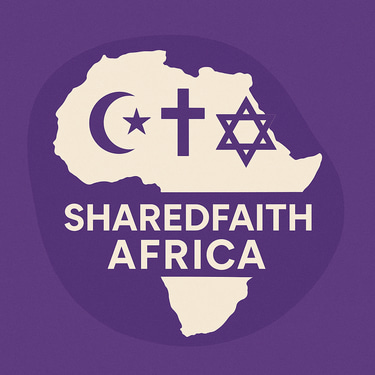Nigeria, Plateau State, 2018: An imam who put his body between killers and his neighbors
EVERYDAY COURAGE


Takeaway: Communities are safer when moral authority refuses indifference and stands physically between fear and the people who feel it.
On the weekend of June 23–24, 2018, coordinated attacks swept through villages in Barkin Ladi, Plateau State. Early police figures confirmed at least 86 people killed and 50 houses burned. Later counts from officials and morgues pointed well past 200 deaths across multiple communities. Smoke lifted over farms. Entire neighborhoods fled. A slow‑building crisis snapped into view.
One of the places hit was Nghar in the Gashish District. There, the chief imam, Abubakar Abdullahi, heard gunfire and went toward it. He was in his early eighties. As Christians and other neighbors ran for cover, he opened his mosque and his home and urged people inside. When armed men arrived and demanded he hand the Christians over, he refused. Accounts gathered by Nigerian authorities and cited by the U.S. State Department say he shielded about 262 people by locking the mosque doors and standing in front of them. He pleaded. He called those inside “my guests.” At one point he knelt and rolled on the ground to reach the attackers’ conscience. If they wanted the people in his care, they would have to kill him first. The gunmen left. Hundreds survived.
Those details read small on a page. In the moment, they were the difference between life and death. Only after the attackers withdrew did he lead families toward safer ground.
The backdrop was the Middle Belt’s cycle of retaliation between communities identified with farming and herding, intensified by land pressure, weak justice, and political manipulation. Human Rights Watch had traced the pattern for years. In the first half of 2018 alone, crisis monitors estimated more than 1,300 people killed in farmer–herder violence. That number does not explain everything. It does suggest how much grief had already piled up by June.
Recognition came later. In July 2019, the U.S. government honored Imam Abdullahi with the International Religious Freedom Award, noting that people “would likely have been killed” without his intervention. He could not travel to Washington, but State Magazine profiled his actions, and Nigerian outlets amplified the story. National honors followed at home. Awards do not add to the facts. They may keep the memory from being swallowed by the next headline.
What stands out is not a speech. It is presence. In a region where violence often grows in the space created by indifference, an elderly cleric made that space smaller. He used his authority to slow the hands of men with guns. He insisted that neighbors, including some who had helped build his mosque decades earlier, were under his protection, not his leverage.
There are limits worth saying out loud. One act of courage cannot mend broken institutions or fix land and justice disputes that sit underneath the violence. Even so, stories like this appear to give communities a usable example. When fear moves faster than trust, someone can still decide to stand in the doorway.
Sources (selection)
The Guardian; Punch; Al Jazeera on the June 2018 attacks and early death tolls
Human Rights Watch on the broader Middle Belt context and casualties
The Washington Post on 2018 farmer–herder violence estimates
U.S. Department of State award materials and State Magazine profile on Imam Abdullahi
State House Abuja summary of the confrontation and pleas (“my guests,” kneeling, rolling)


